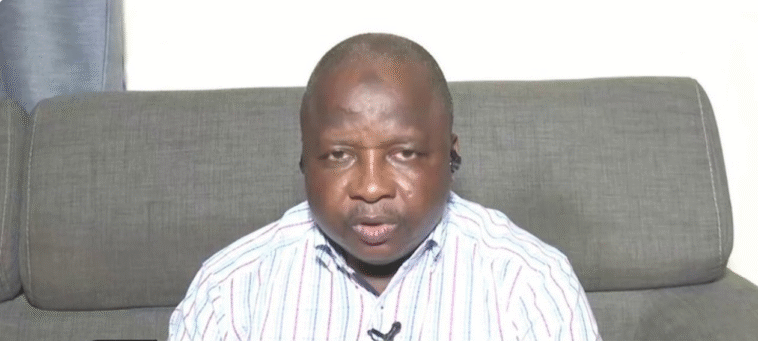During an interview on Arise TV, Group Captain Sadeeq Shehu has shed light on the operational style of Boko Haram and other non-state actors in Nigeria. He emphasized the flexibility and unpredictability of their attacks compared to conventional military forces.
Shehu explained that Boko Haram does not follow standard military organization. Unlike professional armies structured into battalions, brigades, or companies, the group mobilizes with any number of personnel they can gather at a given time.
According to Shehu, this lack of formal structure allows Boko Haram to launch rapid and often unexpected attacks. He noted that this flexibility gives them a tactical advantage over the conventional forces that are trained to operate within rigid frameworks.
He stressed that the conventional military relies on strict ratios, defined unit sizes, and pre-established hierarchies to conduct operations. For example, professional forces plan attacks based on numerical superiority and the organized deployment of equipment and personnel.
Shehu explained that their fighters do not adhere to fixed formations or numerical ratios when attacking a target. This unpredictability makes it difficult for security forces to anticipate and respond effectively.
He noted that this operational approach challenges the Nigerian military’s conventional mindset. Forces trained for structured engagements may struggle to counter a group that ignores traditional rules of warfare.
The captain highlighted that Boko Haram’s adaptability has been a key factor in its sustained activity over the years. He emphasized that understanding this dynamic is critical for devising effective counterinsurgency strategies.
Shehu also pointed out that the group’s disregard for military structure allows them to exploit weaknesses in logistics, communication, and coordination within the Nigerian armed forces. This asymmetry often puts conventional forces at a disadvantage.
He stressed the importance of training and equipping military personnel to operate in unpredictable environments. Shehu suggested that adopting more flexible, unconventional tactics could help the armed forces better match the operational style of non-state actors.
Group Captain Sadeeq Shehu emphasized that Boko Haram’s fluid structure and disregard for conventional military norms make them a unique and persistent threat. He called for strategic adaptation and smarter resource allocation to enhance the Nigerian military’s effectiveness against such asymmetric threats.
“For Boko Haram, they just have any number of men and they can launch an attack without caring for conventional military structure,” he said.





